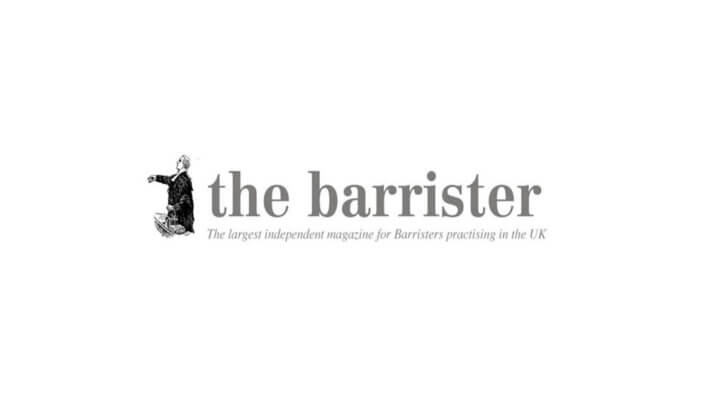BCL senior associate Tom McNeill and partner John Binns write for The Barrister Magazine analysing key points of the Law Commission’s options paper on corporate criminal liability.
Here is a short extract from the article*. If you wish to read the full article, please visit The Barrister Magazine website.
Overview
While expressly not making recommendations but detailing options for reform, which the Government must decide whether to implement, the Law Commission identifies twelve options all but one of which are aimed at making it easier to prosecute or otherwise sanction commercial organisations, most significantly by finding new ways to hold organisations liable for the misconduct of individuals.
While the Law Commission’s exploration of options for reform was agreed to avoid ‘disproportionate burdens upon business,’ the options are directed at dealing with misconduct carried out by and on behalf of organisations, a radical starting point which shows how much attitudes to corporate criminal liability have changed.
It used to be uncontentious that criminal liability only results from personal fault. With some qualified exceptions in the ‘regulatory’ sphere, we did not punish persons (legal or natural) in criminal courts for the misdeeds of others. The introduction of the first ‘failure to prevent’ (FTP) offence – under section 7 of the Bribery Act 2010, now over ten years ago – marked a sea change in approach in relation to economic crime, followed more recently with two offences of failure to prevent the facilitation of UK or overseas tax evasion under the Criminal Finances Act 2017 (the CFA).
The Law Commission’s proposals lead further down that road, but also tackle the problem from the other direction, by proposing reform of the doctrine that determines whose acts and omissions can be attributed to the company for the purpose of determining criminal liability.
Reforming the identification doctrine
For corporations to commit ‘mens rea’ offences, that is offences that require proof of the relevant mental element such as knowledge or intention, it typically requires a directing mind, usually a director, to commit the offence which is then attributed to the company.
*This article was first published by The Barrister Magazine on 25 August 2022. If you wish to read the full article, please visit The Barrister Magazine website.




